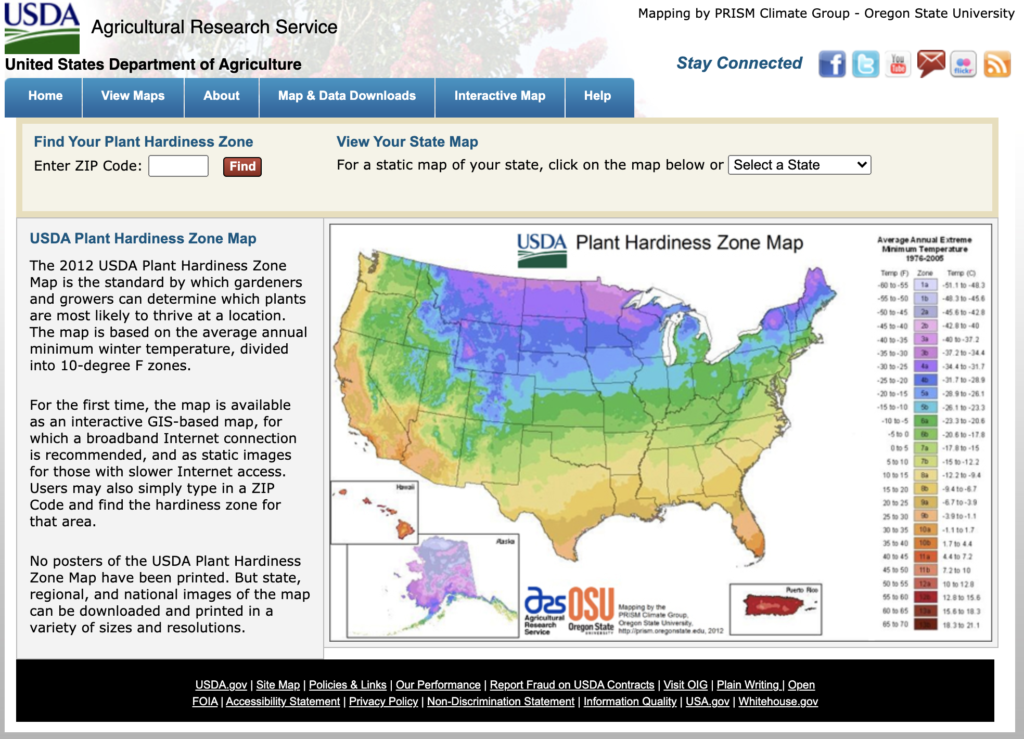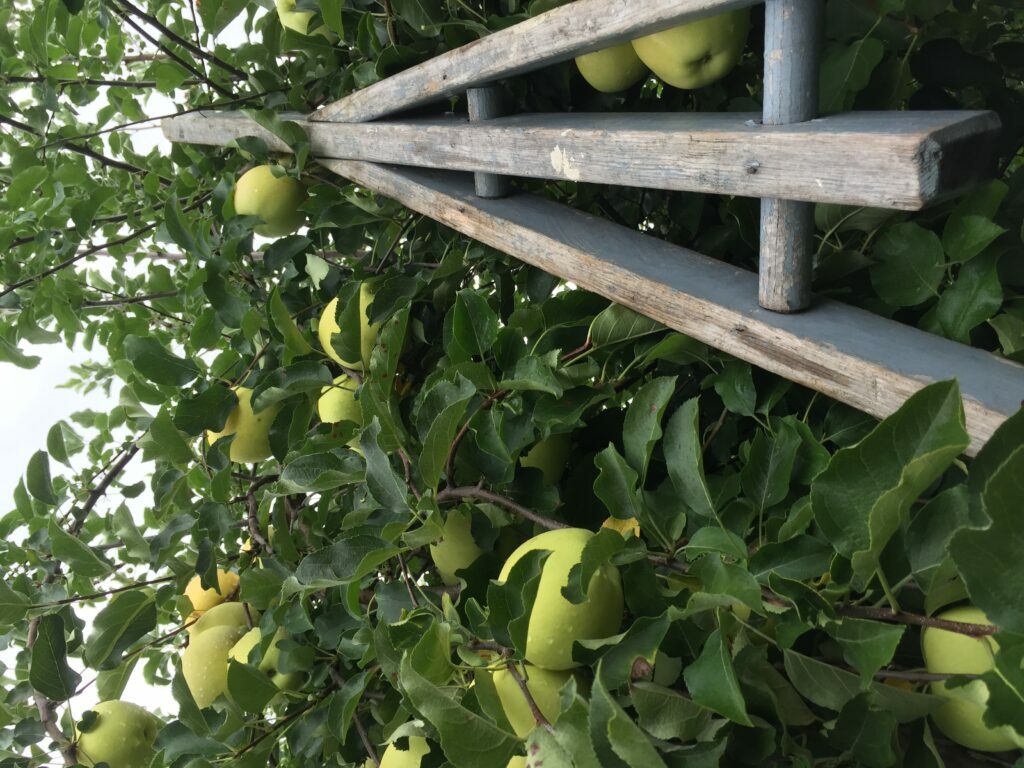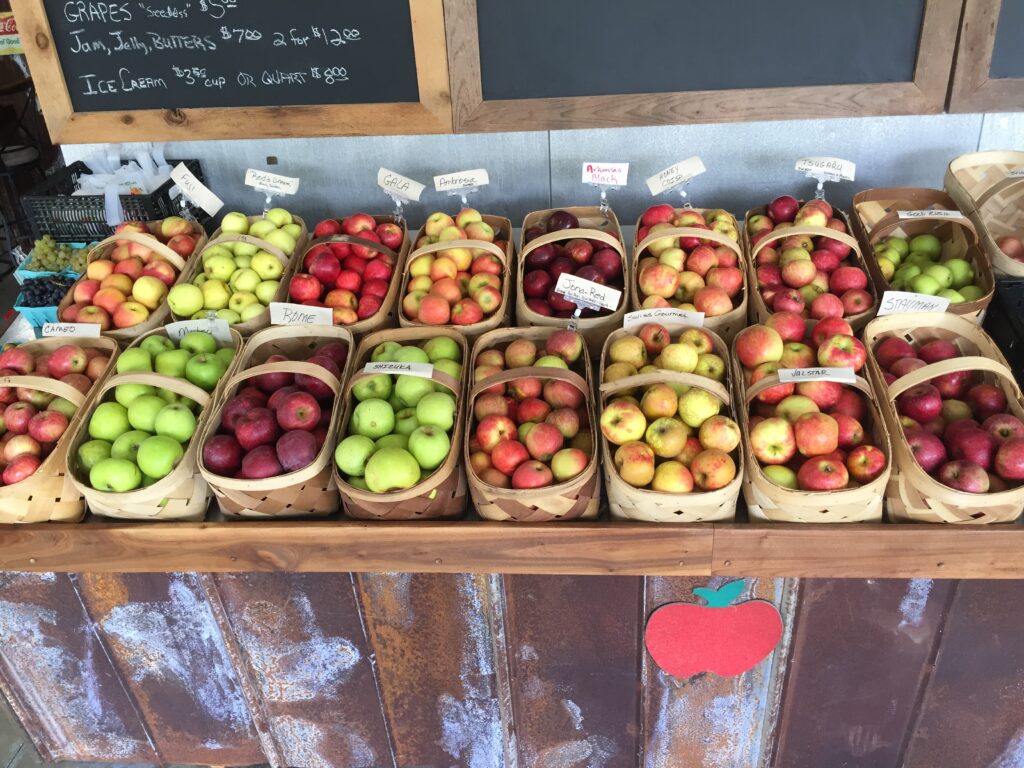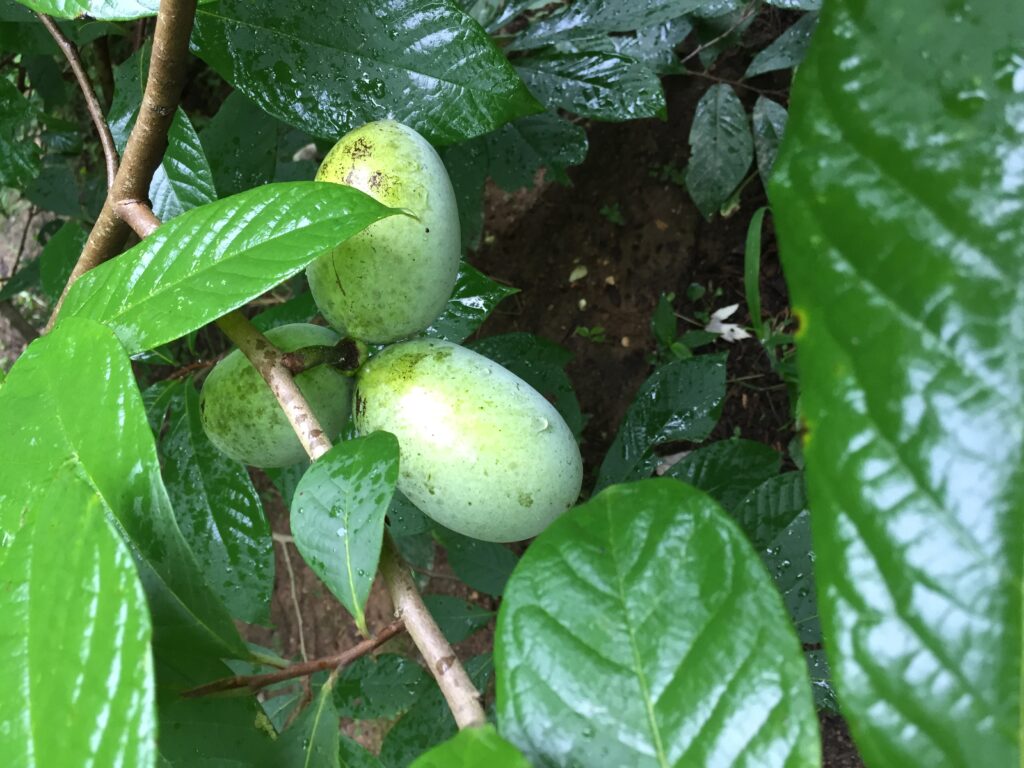Backyard Fruits for Henderson County
go.ncsu.edu/readext?1076036
en Español / em Português
El inglés es el idioma de control de esta página. En la medida en que haya algún conflicto entre la traducción al inglés y la traducción, el inglés prevalece.
Al hacer clic en el enlace de traducción se activa un servicio de traducción gratuito para convertir la página al español. Al igual que con cualquier traducción por Internet, la conversión no es sensible al contexto y puede que no traduzca el texto en su significado original. NC State Extension no garantiza la exactitud del texto traducido. Por favor, tenga en cuenta que algunas aplicaciones y/o servicios pueden no funcionar como se espera cuando se traducen.
Português
Inglês é o idioma de controle desta página. Na medida que haja algum conflito entre o texto original em Inglês e a tradução, o Inglês prevalece.
Ao clicar no link de tradução, um serviço gratuito de tradução será ativado para converter a página para o Português. Como em qualquer tradução pela internet, a conversão não é sensivel ao contexto e pode não ocorrer a tradução para o significado orginal. O serviço de Extensão da Carolina do Norte (NC State Extension) não garante a exatidão do texto traduzido. Por favor, observe que algumas funções ou serviços podem não funcionar como esperado após a tradução.
English
English is the controlling language of this page. To the extent there is any conflict between the English text and the translation, English controls.
Clicking on the translation link activates a free translation service to convert the page to Spanish. As with any Internet translation, the conversion is not context-sensitive and may not translate the text to its original meaning. NC State Extension does not guarantee the accuracy of the translated text. Please note that some applications and/or services may not function as expected when translated.
Collapse ▲Growing backyard fruits can be fun and rewarding. Best of all, you get fresh fruit! Some fruits are easier to grow than others. Let’s go over some considerations for backyard orchards.
Hardiness Zone What USDA growing zone are you in? According to the USDA, “Plant hardiness zone designations represent what’s known as the “average annual extreme minimum temperature” at a given location during a particular time period (30 years, in this instance). Put another way, the designations do not reflect the coldest it has ever been or ever will be at a specific location, but simply the average lowest winter temperature for the location over a specified time. Low temperature during the winter is a crucial factor in the survival of plants at specific locations.”
Downtown Hendersonville would be considered zone 7. Higher elevations and further north in the county, especially if living on the north side of a mountain, you could be in 6b. When choosing fruit plants, make sure the plant is hardy in your growing zone.
Before you start planting a fruit trees you should realize that fruit trees in general do require some work or results will be disappointing. Sometimes there are problems such as late frosts that kill the flowers and prevent a fruit set. Our generally humid weather requires frequent spraying to protect trees from diseases. Insects can be a problem. You may not get a great crop every year. However, if you have plenty of room in your landscape and you do not mind a little work each year, fruit trees can be very rewarding.
There are many types of tree fruits you could decide to grow. The only ones I would recommend would be apples, pears and plums. Peaches tend to perform poorly here most years. Cherries can be grown here but like peaches they are hit and miss year to year.
Apples There are dozens of apple varieties grown locally by apple farmers. However, the following varieties are some of the best eating apples to grow locally
- Gala (early season, late August, sweet)
- Fuji (mid season, October, sweet)
- Pink lady (late season, mid-October, tart/sweet)
- Granny Smith (late season, October, tart)
Figs There are many varieties of figs. Most varieites are for warmer climates. However, ‘Brown Turkey’ and ‘Brunswick’ varieties will produce well after figs get killed to the gound in the winter which they often do here. The key to growing a fig here in WNC is to plant the tree about six feet from the foundation of a southwest facing wall of a building. This protects the roots in the harshest winters allowing the plant to regenerate new shoots the following year.

Although figs may die to the ground in the winter, the right varietes will regenerate from the roots and have fruit.
Small fruits are generally easier to grow that tree fruits. These plants can mostly survive without pesticide sprays if cared for properly. Their smaller stature makes them perfect for backyard gardens.
Strawberries The top 3 strawberry varieties recommended for our area: Day neutral – Jewel, Galleta, Allstar; Ever bearing – Seascape, Tristar, Albion
Raspberries The top 3 raspberry varieties recommended for our area: Latham, Caroline, Nantahala
Blackberries The top 3 blackberry varieties recommended for our area: Natchez, Freedom, Traveller
Blueberries The top 3 blueberry varieties recommended for our area: Vernon, Premier, Powderblue
Grapes The top 3 grape varieties recommended for your area: Catawba, Concord, Niagra. It is recommended to avoid trying muscadines as they are not as cold hardy.
Specialty Fruits Kiwi are not recommended. Hardy kiwi is even considered invasive.
Native Fruits There are a few fruits that are native to Western NC. Some native fruits that grow well here are American crabapple, American persimmon, paw paw and elderberry.








